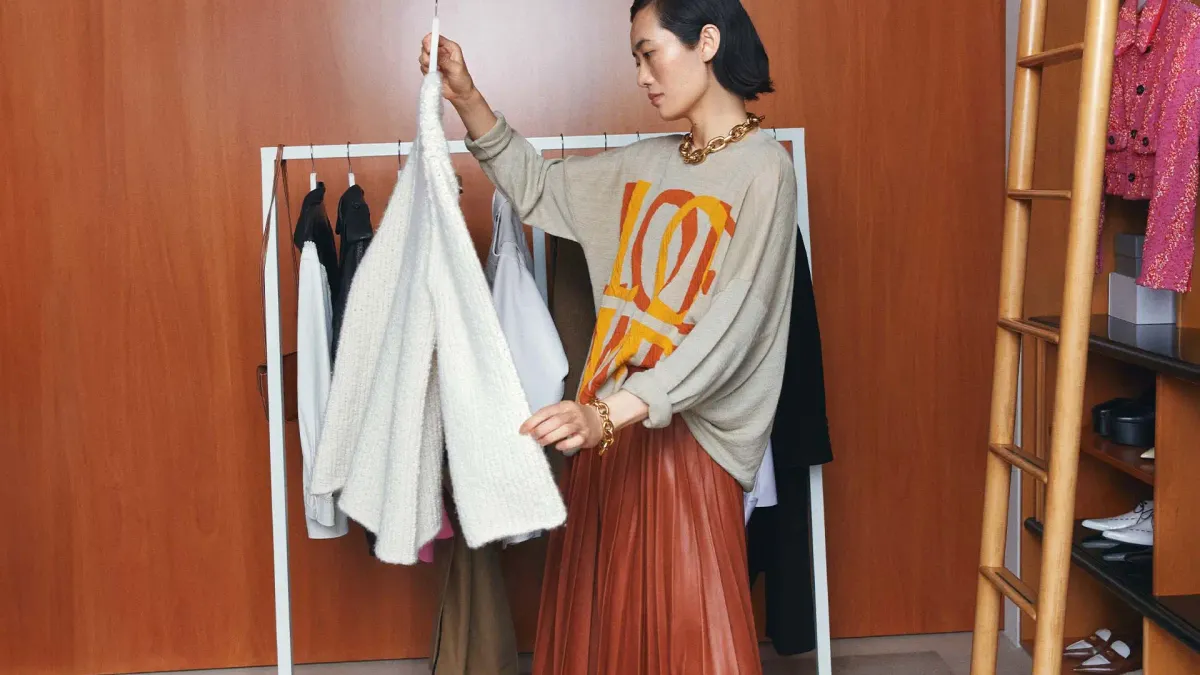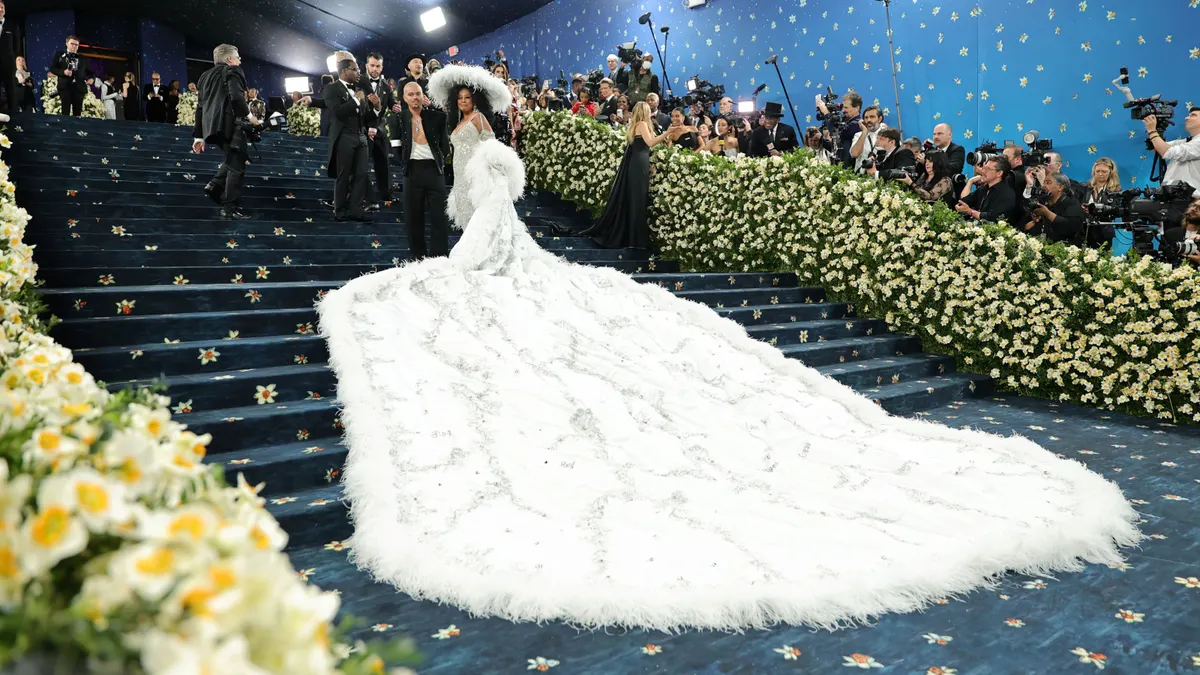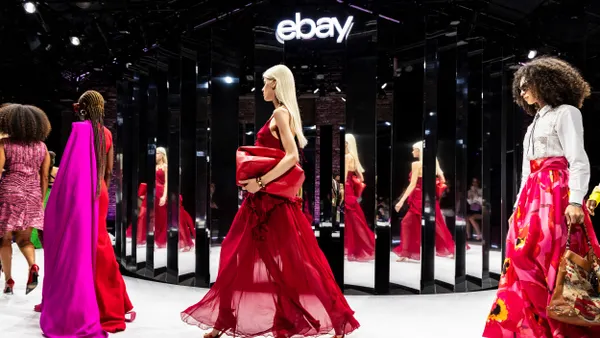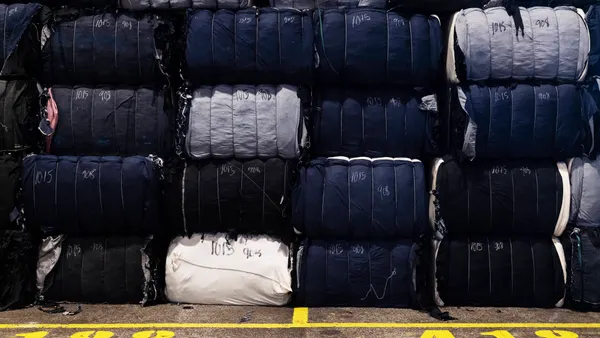Dive Brief:
- Luxury resale platform Vestiaire Collective has launched a new artificial intelligence-powered search engine tool that translates keyword searches to image pattern recognition to create what it calls “highly relevant search results,” according to a news release Monday.
- In addition to the new feature, the company plans to add AI-powered price recommendations and an image search tool that will allow consumers the ability to upload an image to find the same or similar items by the end of the year.
- To support the B Corp. brand’s tech-driven strategies, the company hired Stacia Carr as chief technology and product officer, effective Monday, and named Jim Freeman an advisor and board member.
Dive Insight:
Vestiaire is marketing its new tech as another step toward giving its customers a more precise and tailored shopping experience, according to Maximilian Bittner, Vestiaire’s CEO.
New CTO Carr has led teams in the tech sector at Zalando and Sound Cloud and succeeds Vestiaire’s former CTO Olaf Zschiedrich, according to a company spokesperson. Meanwhile, Freeman was chief technology officer at Zalando and a vice president of Prime Video and Alexa at Amazon.
“Carr’s expertise in AI and product development paired with Freeman’s strong background in tech will be key drivers in the company’s development and growth,” Bittner said in the release.
According to the company, the new search engine is able to deliver more accurate, relevant items. Products sold due to a “similar items” widget doubled after adding visual similarity to the AI algorithm, according to the Vestiaire release.
“Often seller’s descriptions may be too brief or lack the key words to help them find it,” a Vestiaire spokesperson said in an email. “So it was really important for us to be able to answer this specific way of search from our customers to improve their shopping experience.”
Vestiaire has recently launched several initiatives meant to promote a more circular economy. In May, it joined a group of resale platforms calling for an end to what it calls double taxation on secondhand clothing sales. The company has also banned over 60 brands from its site that it considers “fast fashion” and harmful to the environment.
While the luxury fashion market slowed this year, the secondhand market continues to thrive.
A recent report from OfferUp found that the recommerce market is projected to reach $291.6 billion by 2029, and resale is expected to account for 8% of total retail by then.










